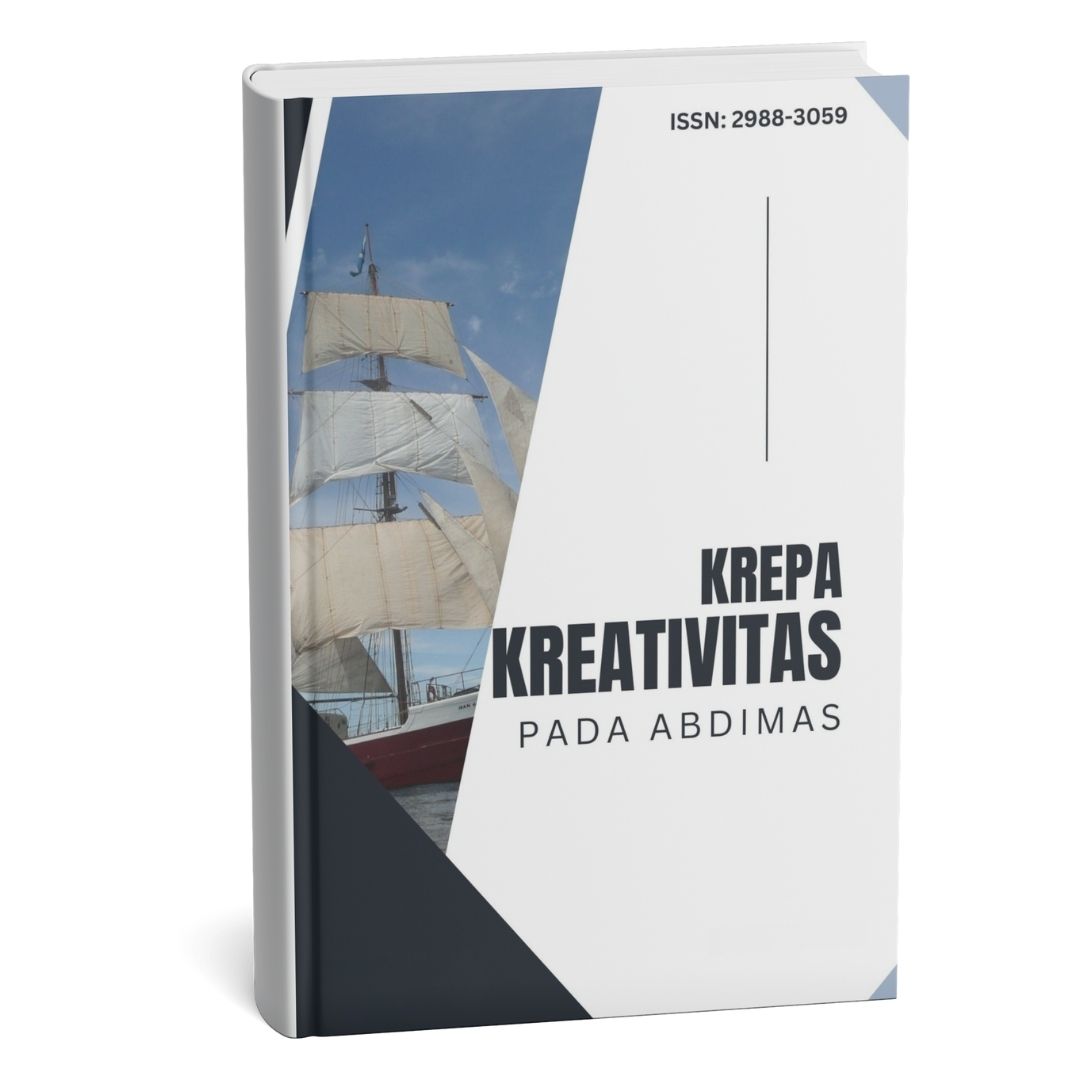SOCIALIZATION ON EXPLORING THE IMPACT OF MUSIC THERAPY EDUCATION ON THE LIFE QUALITY OF HKBP AGAPE AMPLAS CHURCH MEMBERS
DOI:
https://doi.org/10.34743/tcjfr738Keywords:
Music Therapy, Quality of Life, Community Education, Applied Psychology, HKBP Agape AmplasAbstract
This study explores the impact of music therapy education on the quality of life of housewives participating in the mothers’ fellowship at HKBP Agape Amplas Church. Conducted over two days in April 2024, the community service activity involved 40 participants and aimed to increase awareness and application of therapeutic music techniques to enhance emotional well-being and manage health conditions such as high blood sugar. Using a descriptive qualitative research design, data were collected through observation, informal interviews, participant reflections, and field notes. The results indicate that music therapy education positively influenced participants by promoting relaxation, emotional expression, and spiritual connection. Many participants reported feeling calmer, more energized, and motivated to integrate calming music into their daily routines. The social and communal aspects of the sessions also fostered peer support and strengthened group cohesion. These findings align with existing literature on music therapy’s role in stress reduction and emotional regulation. Moreover, situating music therapy education within a religious setting facilitated acceptance and meaningful engagement, highlighting the importance of culturally and spiritually sensitive approaches in applied psychology interventions. This study suggests that music therapy education is a valuable, low-cost, and accessible tool for improving psychological and physical well-being in community and faith-based contexts. Future research should consider longitudinal designs and clinical measurements to further assess the physiological impacts of such interventions. Overall, this initiative demonstrates the potential for music therapy education to enhance quality of life through community empowerment and holistic health promotion
References
American Music Therapy Association. (2018). Definition and Scope of Music Therapy. Retrieved from https://www.musictherapy.org
Batubara, J., Syarifudin, A., Syathroh, I. L., Herman, H., Yasaviyevna, D. S., & Al-Awawdeh, N. (2023). Challenges of Translating Slang Expressions in American Song Lyrics of the 21st Century into the Arabic Language. International Journal of Membrane Science and Technology, 10(2), 131-139. https://doi.org/10.15379/ijmst.v10i2.1162
Batubara, J., Naiborhu, T., Sihombing, J. R., Herdiani, E., Minawati, R., & Herman, H. (2024). Sonic Healing: Integrating Cultural Music Practices in the Delivery of Therapeutic Sound Waves to Neurological Patients. EVOLUTIONARY STUDIES IN IMAGINATIVE CULTURE, 8.1., 236–248. https://doi.org/10.70082/esic/8.1.16
Batubara, J., Sihombing, J. R., Marbun, J., Pangaribuan, R. E., Panggabean, A. J., & Herman, H. (2024). Peran Edukasi Patologi Klinik dan Terapi Musik dalam Meningkatkan Kualitas Hidup Warga Jemaat HKBP Agape Amplas. Beru’-beru’: Jurnal Pengabdian Kepada Masyarakat, 2(3), 149-158. https://doi.org/10.31605/jipm.v2i3.3775
Bruscia, K. E. (2014). Defining Music Therapy (3rd ed.). Gilsum, NH: Barcelona Publishers.
Bunt, L., & Stige, B. (2014). Music Therapy: An Art Beyond Words (2nd ed.). New York: Routledge.
Hillecke, T. K., Nickel, A., & Bolay, H. V. (2005). Scientific perspectives on music therapy. Annals of the New York Academy of Sciences, 1060(1), 271–282. https://doi.org/10.1196/annals.1360.020
Judijanto, L., Sitompul, M. S., Herman, H., Manihuruk, L. M. E., Fatmawati, E., Munthe, M. V. R., Batubara, J., Saputra, N. (2024). Students' Perception on the Use of English Pop Song in Improving the Skill of Pronunciation. Studies in Media and Communication, 12(3), 218-230. DOI: https://doi.org/10.11114/smc.v12i3.7004
Koelsch, S. (2010). Towards a neural basis of music-evoked emotions. Trends in Cognitive Sciences, 14(3), 131–137. https://doi.org/10.1016/j.tics.2010.01.002
Norcross, J. C. (2011). Psychotherapy Relationships that Work: Evidence-Based Responsiveness (2nd ed.). New York: Oxford University Press.
Thoma, M. V., La Marca, R., Brönnimann, R., Finkel, L., Ehlert, U., & Nater, U. M. (2013). The effect of music on the human stress response. PLoS ONE, 8(8), e70156. https://doi.org/10.1371/journal.pone.0070156
Downloads
Published
Issue
Section
License
This work is licensed under a Creative Commons Attribution-ShareAlike 4.0 International License.











